“Vietnam’s 5-year real estate price growth reached 59%, higher than many other countries such as the US (54%), Australia (49%), Japan (41%), Singapore (37%)… The high price increase has caused real estate rental yields in Vietnam to be only 4%, while many other countries such as the Philippines, Malaysia, Thailand, Indonesia, the UK, Australia, and the US have real estate rental yields ranging from 5% to 7%.”
That is the information provided by Mr. Nguyen Quoc Anh - Deputy General Director of Batdongsan.com.vn at the Vietnam Real Estate Conference - VRES 2024 on the morning of December 3. Mr. Quoc Anh analyzed that economy , management and society are the three main factors affecting real estate prices in Vietnam. "Vietnam is a country with a strong per capita economic growth rate and inflation. At the same time, the interest rate environment and investment efficiency of domestic channels all strengthen consumers' demand for real estate," said Mr. Quoc Anh. 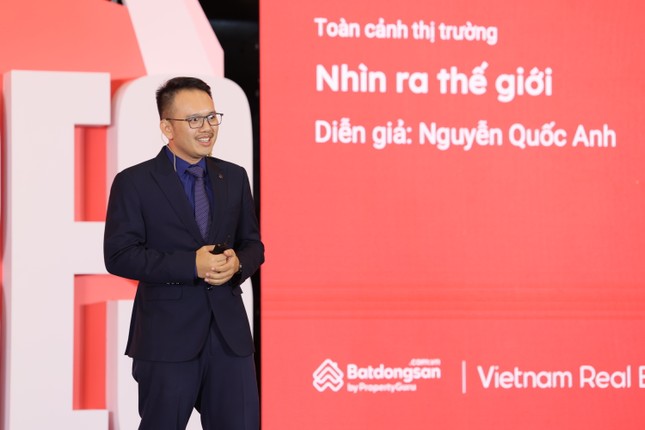

Mr. Nguyen Quoc Anh - Deputy General Director of Batdongsan.com.vn.
According to Mr. Quoc Anh, Vietnam's GDP per capita is currently at 34.8%, higher than the world average (20.8%) and developing countries (22%). On the other hand, inflation in Vietnam is also higher than the average of other countries. Currently, the interest rate environment in Vietnam is gradually returning to a more favorable level and the proportion of accumulated assets in Vietnam's GDP is quite high (32.8%), ranking 27th in the world (average 27.1%). With the amount of money saved, Vietnamese people have a number of main investment channels such as financial markets, real estate, gold, foreign currency and savings. While the gold investment channel is volatile, risky and has a large gap between domestic and world gold prices, the foreign currency and savings channels have quite low yields, around 5-6%/year. “Real estate is considered the best investment channel in Vietnam over the past 10 years with a profit margin of 197% for apartments and 137% for land in the fourth quarter of 2024 compared to the first quarter of 2015,” said Mr. Quoc Anh. Expectations for real estate ownership According to Mr. Quoc Anh, Vietnam's population and urbanization rate show many opportunities for growth in real estate demand. The trend of smaller families also promotes the demand for real estate for the next generation to inherit and the journey of home ownership for young people. In addition, culturally, Vietnamese people have a great desire to own real estate in their lifetime. Mr. Quoc Anh calculated that in 2004, an individual of the 7x generation took about 31.3 years of income to buy an apartment (60m2) for 0.6 billion VND, under the condition that the mobilization interest rate was 7.4%. After 10 years, the number of years of income for an individual of the 8x generation to buy the above apartment is 22.7 years. The apartment price has increased to 1.5 billion VND while the mobilization interest rate has decreased to 6%. By 2024, an individual of the 9x generation needs 25.8 years of income to buy the above apartment (priced at 3 billion VND) under the condition of the mobilization interest rate of 4.5%. Although the number of years of income and interest rates have decreased over time, in general, young people of all generations still need to make efforts for a long time to be able to own a house. "However, Vietnamese people in particular and Asians in general still have high expectations for owning real estate in their lifetime, with common reasons including high and stable yields, underdeveloped financial markets, social recognition and property - a place to live for the family. Notably, Vietnam is among the countries with the highest real estate ownership rate in the world at 90%, higher than some countries in Southeast Asia such as Singapore (88%), Indonesia (84%) and higher than the US (66%), Australia (66%)...", Mr. Quoc Anh said. In 2025, real estate continues to "heat up" Mr. Nguyen Van Dinh - Vice President of the Vietnam Real Estate Association emphasized that in recent times, the Government has continuously sent very strong messages, asking authorities to find ways to remove real difficulties for projects, promote economic development through accelerating public investment, urbanization, and creating balance for the market. In the coming time, if factors such as legal policies, finance and public investment continue to improve, the real estate market is likely to continue to "heat up" in 2025 - when the new legal corridor officially comes into effect and investors continue to accelerate project implementation. "With the above factors improved, housing supply will continue to be promoted, creating a driving force for the real estate market to develop through M&A activities in the direction of contributing rice to cook rice together," Mr. Dinh emphasized. Vice President of the Vietnam Real Estate Association Nguyen Van Dinh also commented that in the coming time, the State will continue to strengthen supervision and regulation of the market, ensuring stability and development in the right direction. “Therefore, many real estate segments are expected to continue to record a recovery, in which luxury apartments will continue to lead the market; villas and townhouses will become more vibrant. In addition, land and open legal framework will attract investors and social housing will have more opportunities to become vibrant again. In addition, industrial real estate will grow, resort real estate will also have the opportunity to improve thanks to the issuance of condotel certificates,” said Mr. Dinh. Dr. Can Van Luc - Chief Economist of BIDV also commented that the current real estate market has had many more positive changes than before. Specifically, the macro economy has entered a period of stability, inflation has increased under control; interest rates in Vietnam remain low; budget deficit, public debt, foreign debt, debt repayment obligations of the Government, ... are within the threshold allowed by the National Assembly. In addition, legal problems have been gradually resolved, institutions have been improved (many relevant laws have been passed and come into effect; many decrees and policies have been issued); planning at all levels has been completed. According to Mr. Luc, these are the main "supports" that form the basis for the real estate market to enter a new phase and recover in a more sustainable direction. Source: https://tienphong.vn/gia-bat-dong-san-viet-nam-tang-vuot-ca-my-nhat-ban-post1697064.tpo



![[Photo] General Secretary To Lam meets with the Group of Young National Assembly Deputies](https://vphoto.vietnam.vn/thumb/1200x675/vietnam/resource/IMAGE/2025/6/24/618b5c3b8c92431686f2217f61dbf4f6)
![[Photo] The 9th Party Congress of the National Political Publishing House Truth](https://vphoto.vietnam.vn/thumb/1200x675/vietnam/resource/IMAGE/2025/6/24/ade0561f18954dd1a6a491bdadfa84f1)


![[Photo] Close-up of modernized Thu Thiem, connecting new life with District 1](https://vphoto.vietnam.vn/thumb/1200x675/vietnam/resource/IMAGE/2025/6/24/d360fb27c6924b0087bf4f288c24b2f2)






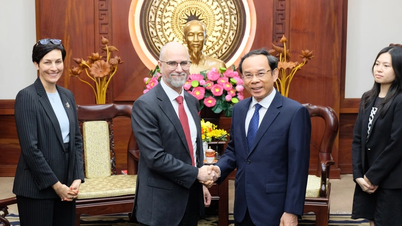




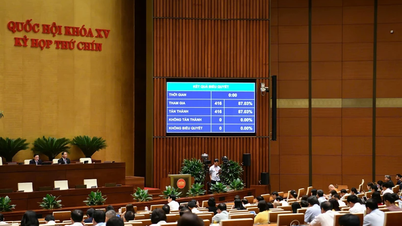



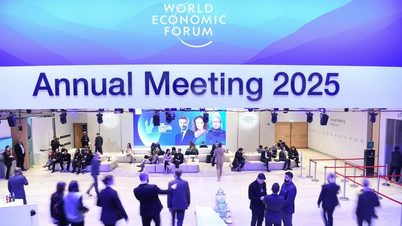








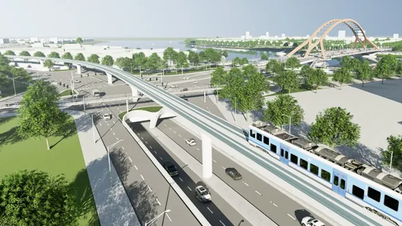


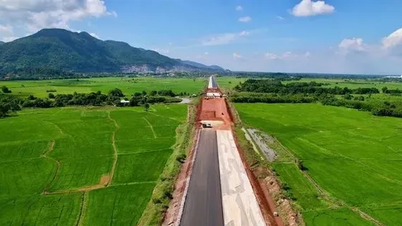
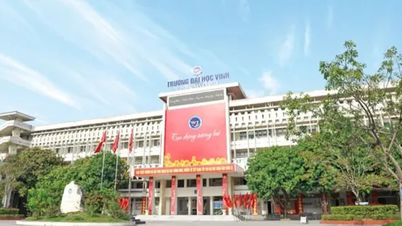



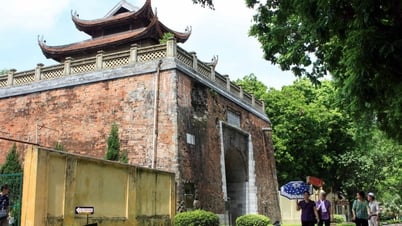


































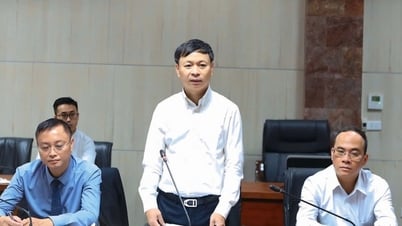




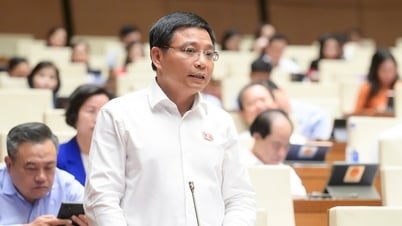




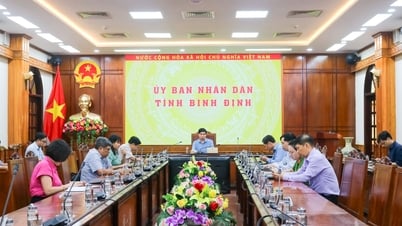





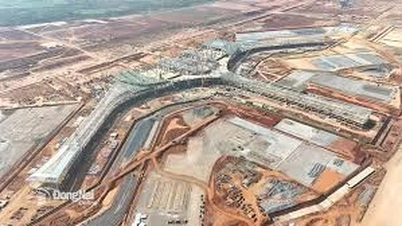

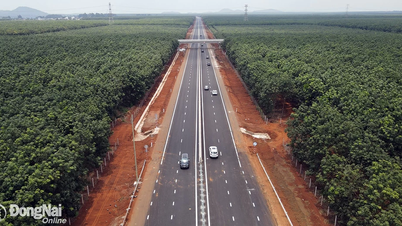












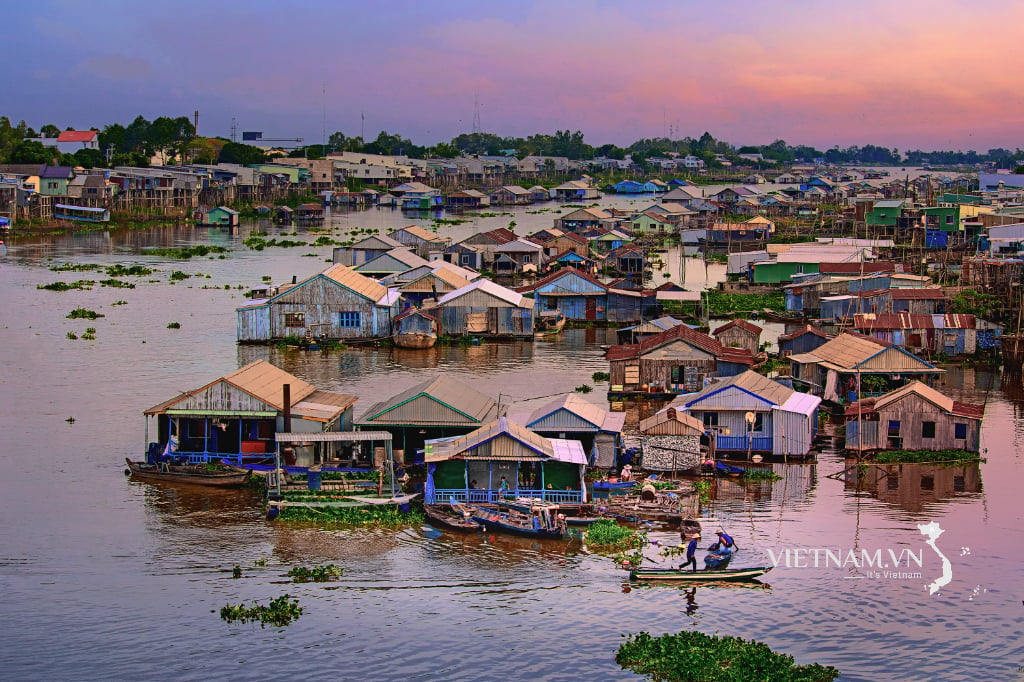

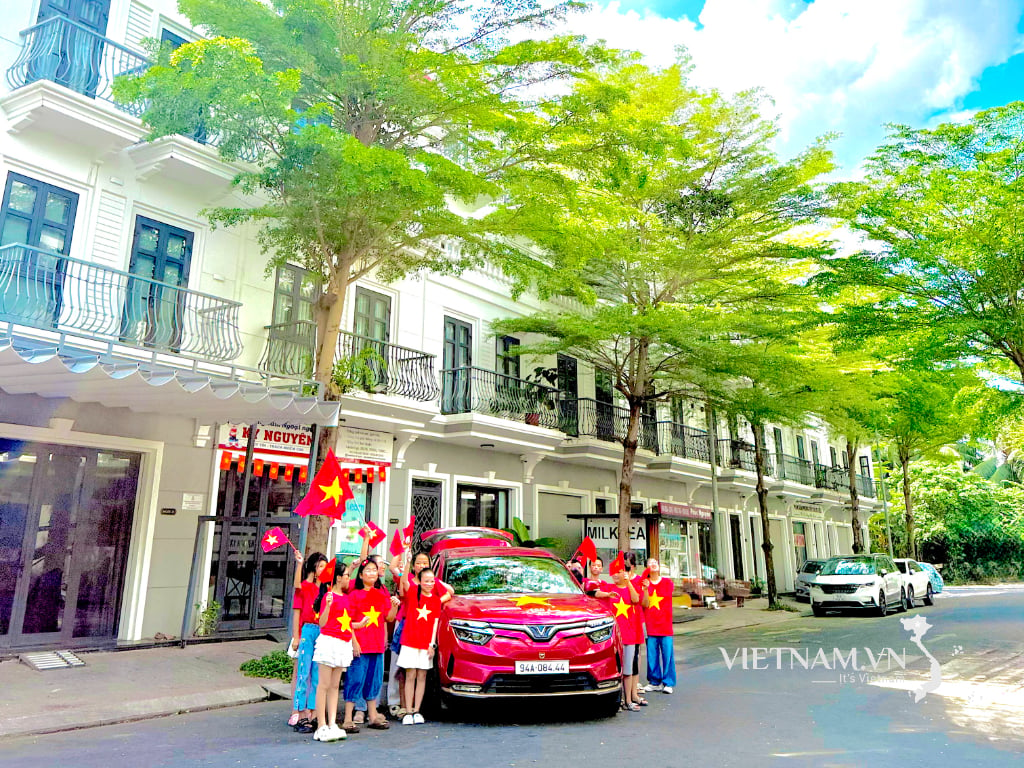

Comment (0)